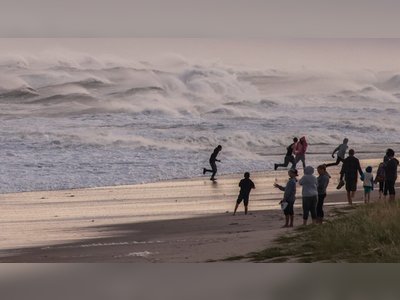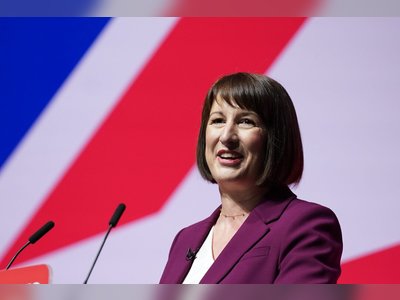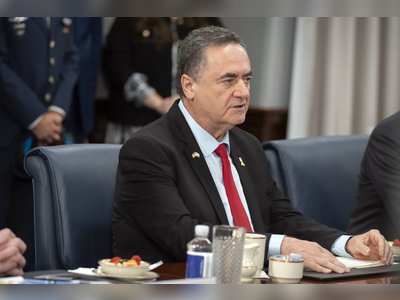North Korea Restricts Foreign Tourist Access to New Seaside Resort
Wonsan-Kalma Coastal Tourist Zone opens for domestic visitors amid geopolitical developments.
North Korea has announced a ban on foreign tourists visiting the newly opened Wonsan-Kalma Coastal Tourist Zone, as stated by the country's National Tourism Administration earlier this week.
This decision follows the recent visit of Russian Foreign Minister Sergei Lavrov to the area, coinciding with the resort's opening to domestic visitors.
The resort, located on the east coast of North Korea, is a significant project championed by Kim Jong Un, featuring high-rise hotels and recreational facilities, including a water park.
State media has referred to it as 'North Korea's Waikiki,' highlighting its capacity to accommodate around 20,000 guests.
The grand opening was bolstered by substantial media promotion.
Although there were earlier reports indicating that Russian tour groups were expected to visit Wonsan in the coming months, the North has issued a statement indicating that it is currently not accepting foreign tourists, providing no further specifics on the rationale behind this decision.
Kim Jong Un has expressed a strong interest in promoting North Korea's tourism sector since he came to power, viewing the development of the Wonsan-Kalma area as a significant achievement for the year.
He asserted that efforts would be made to establish additional large-scale tourist zones swiftly.
In the preceding year, North Korea permitted Russian tourists to return to the country for the first time since the COVID-19 pandemic, and there was a brief revival of Western tour operations in February of this year.
However, South Korea's unification ministry has indicated that international tourism at the new resort is expected to be limited due to constraints associated with flight availability.
During Lavrov's visit, he reportedly praised the seaside project, suggesting it could attract interest from both local and Russian visitors seeking new holiday destinations.
In tandem with these developments, Russia recently announced the initiation of biweekly flights from Moscow to Pyongyang.
This decision follows the recent visit of Russian Foreign Minister Sergei Lavrov to the area, coinciding with the resort's opening to domestic visitors.
The resort, located on the east coast of North Korea, is a significant project championed by Kim Jong Un, featuring high-rise hotels and recreational facilities, including a water park.
State media has referred to it as 'North Korea's Waikiki,' highlighting its capacity to accommodate around 20,000 guests.
The grand opening was bolstered by substantial media promotion.
Although there were earlier reports indicating that Russian tour groups were expected to visit Wonsan in the coming months, the North has issued a statement indicating that it is currently not accepting foreign tourists, providing no further specifics on the rationale behind this decision.
Kim Jong Un has expressed a strong interest in promoting North Korea's tourism sector since he came to power, viewing the development of the Wonsan-Kalma area as a significant achievement for the year.
He asserted that efforts would be made to establish additional large-scale tourist zones swiftly.
In the preceding year, North Korea permitted Russian tourists to return to the country for the first time since the COVID-19 pandemic, and there was a brief revival of Western tour operations in February of this year.
However, South Korea's unification ministry has indicated that international tourism at the new resort is expected to be limited due to constraints associated with flight availability.
During Lavrov's visit, he reportedly praised the seaside project, suggesting it could attract interest from both local and Russian visitors seeking new holiday destinations.
In tandem with these developments, Russia recently announced the initiation of biweekly flights from Moscow to Pyongyang.










